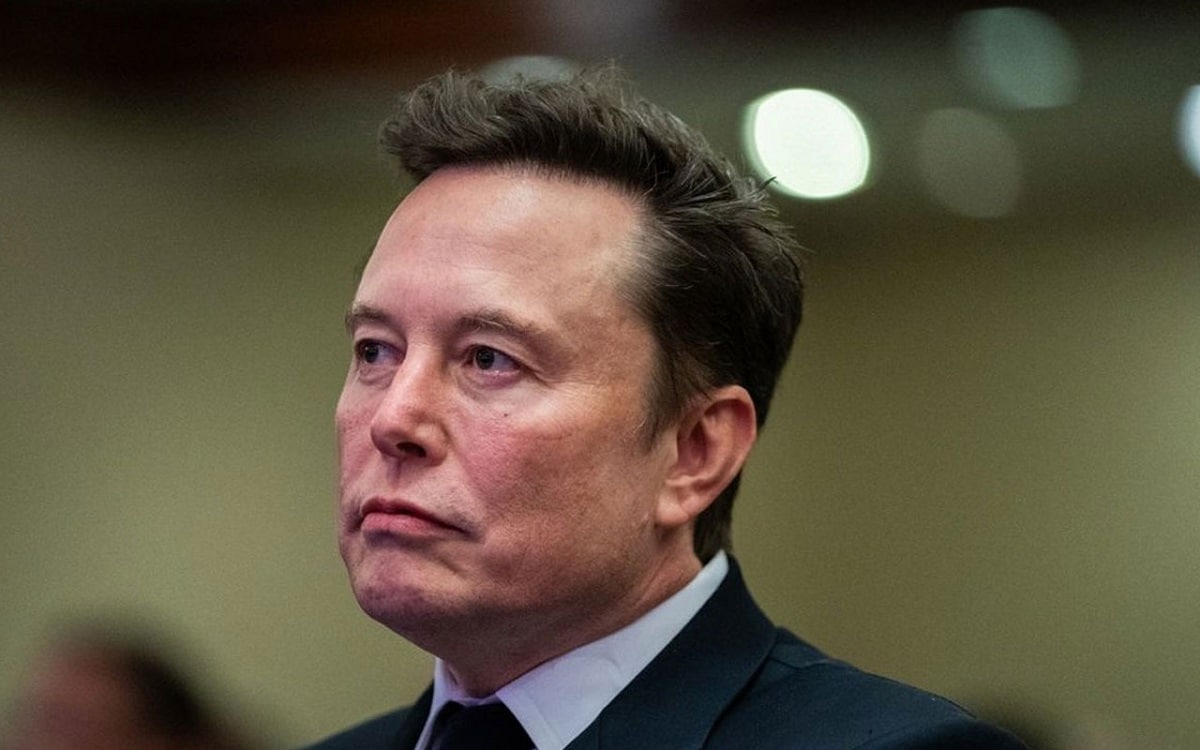CELEBRITY
The SEC has charged Elon Musk, accusing him of defrauding Twitter shareholders of over $150 million

Elon Musk, the billionaire entrepreneur behind companies like Tesla and SpaceX, is facing serious allegations from the U.S. Securities and Exchange Commission (SEC).
The SEC has charged Musk with defrauding Twitter shareholders of more than $150 million during his attempt to acquire the social media platform in 2022.
The charges focus on Musk’s delay in disclosing his substantial stake in Twitter, which the SEC claims allowed him to acquire shares at artificially low prices, ultimately harming investors.
The Details Behind the Allegations
The SEC’s complaint centers on a crucial period in Musk’s 2022 Twitter acquisition.
By March of that year, Musk had acquired a 9% stake in the company, far surpassing the 5% threshold that triggers a mandatory public disclosure under U.S. law.
The SEC contends that Musk failed to report this purchase within the required 10-day window, which resulted in a surge in Twitter’s stock price by 27% once his stake became public.
According to the SEC, Musk’s delayed disclosure allowed him to buy shares at prices that were artificially low.
Investors who sold their shares during this period, unaware of Musk’s growing involvement, did so at a disadvantage, suffering financial losses as a result.
The SEC argues that this violation of securities law led to significant harm for the shareholders who were affected?
Musk’s Lawyer Calls It a “Farce”
Unsurprisingly, Musk’s legal team is vigorously defending him against these accusations. Alex Spiro, Musk’s lawyer, has dismissed the SEC’s complaint as an attempt to harass the CEO of Tesla and SpaceX, calling the entire situation a “charade.” Spiro insists that Musk did nothing wrong, asserting, “Everyone can see this mockery for what it is.”
Spiro also downplayed the seriousness of the alleged infraction, claiming that even if the SEC’s accusations were true, the penalty would likely be minimal.
“This violation, if proven, only warrants a symbolic fine,” Spiro argued, suggesting that the SEC had little foundation for the complaint in the first place.
The SEC’s Punitive Measures
Despite Musk’s denials, the SEC is pushing for a significant financial penalty.
Reports indicate that as early as December 2024, SEC lawyers had requested Musk pay over $200 million to settle the allegations related to his delayed disclosure.
This sum has been met with resistance from Musk’s legal team, which argues that such a penalty is both excessive and punitive.
Spiro emphasized that the SEC’s demand for such a large settlement was out of line with previous cases, where penalties for similar violations have typically been much lower, often under $100,000. Musk’s defense team argues that this case should follow those precedents, asserting that the penalties being sought are not proportional to the offense.
A Familiar Pattern with Tesla
This isn’t the first time Musk has found himself in hot water with the SEC. Back in 2018, Musk was sued by the agency over claims of securities fraud after he tweeted that he had secured funding to take Tesla private.
This caused Tesla’s stock to soar, but Musk eventually settled the case, agreeing to pay a $20 million fine and step down from his role as Tesla’s chairman.
While the incidents differ in nature, the ongoing scrutiny of Musk’s financial dealings, particularly his public statements and stock transactions, has led to questions about his approach to adhering to securities regulations.
His actions continue to attract both legal attention and public debate.
Musk’s Political Influence and Future Implications
In addition to his role as one of the richest individuals globally, Musk has recently become more involved in political circles, advising former President Donald Trump and working alongside other influential figures to push for policy changes aimed at reducing government spending.
His growing political influence, combined with his high-profile business ventures, has made Musk a polarizing figure. He has become a topic of discussion for both supporters and critics.
The SEC’s latest charges against Musk underscore the challenges faced by high-profile individuals, both in business and politics, when it comes to navigating financial regulations.
As the case progresses, it’s clear that Musk’s actions, whether intentional or not, will continue to dominate the headlines in the coming months.









